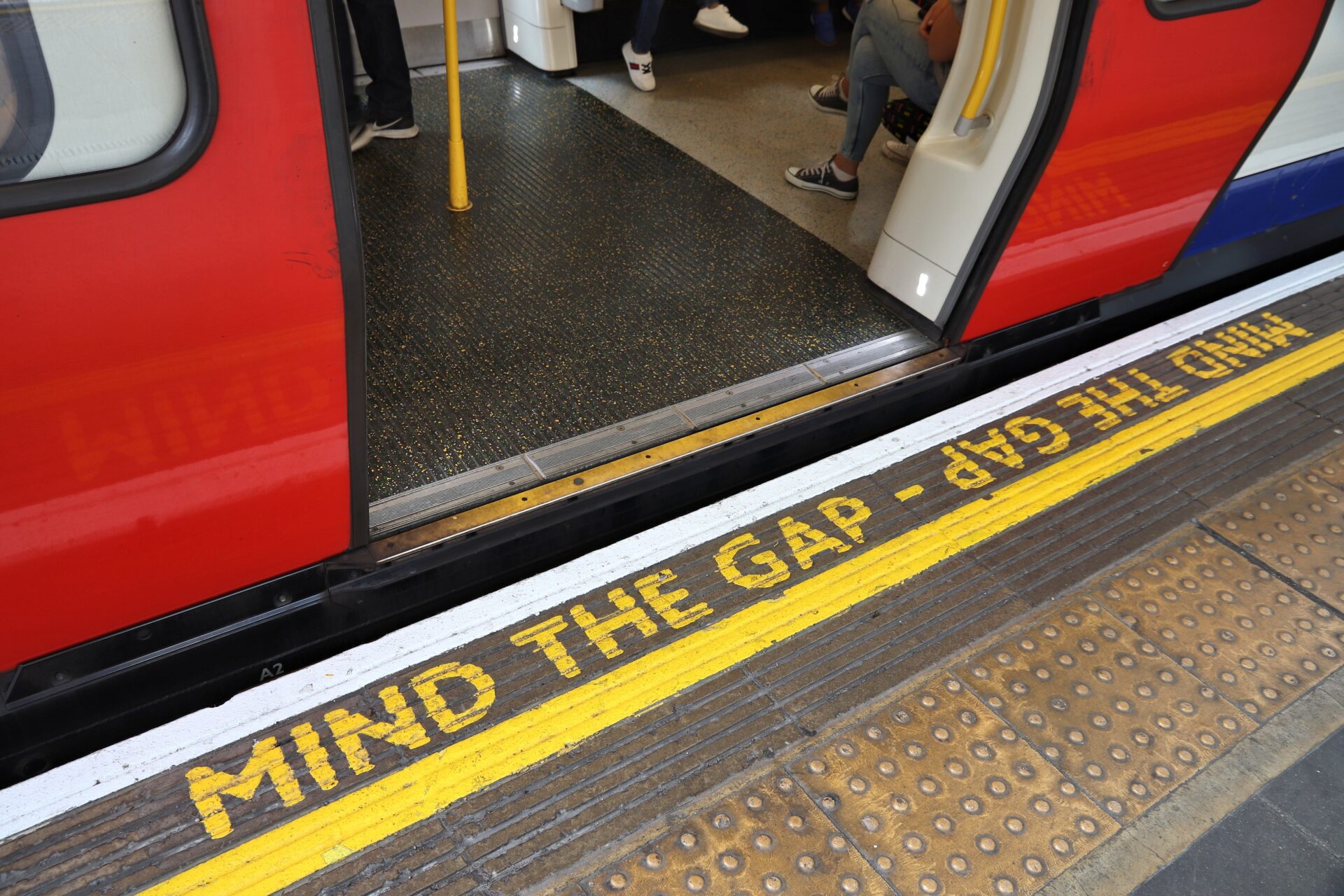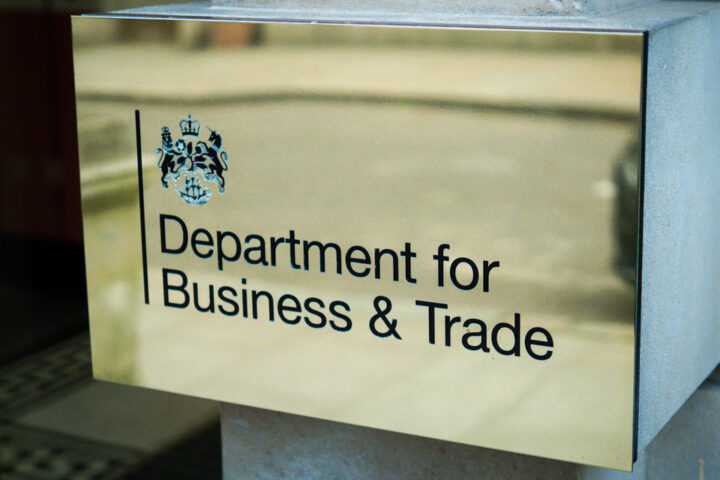New research from Scottish Widows reveals that nearly 38% of UK adults are not on track for even a minimum retirement lifestyle, up from 35% last year. This equates to an additional 1.2 million people facing a delayed or financially insecure retirement.
The 20th annual Retirement Report shows that the percentage of people not adequately preparing for retirement has increased due to the rising cost of living, which has outpaced wage growth. The report highlights that most people would like to retire at 62, but 54% expect to work an average of seven years longer than desired. Furthermore, 27% of those with retirement plans doubt they will ever afford to retire.
Younger people, aged 18-29, would like to retire at 61 but expect to work until 64, still below the age they can access their State Pension. Only 34% of respondents feel they are adequately preparing for retirement, while the rest face financial insecurity.
The State Pension remains vital for retirees, with 75% of current retirees relying on it for day-to-day costs. However, future retirees are concerned about its availability, with 12% doubting it will provide the same level of support by the time they retire.
Pete Glancy, head of pensions policy at Scottish Widows, said, “The growing gap in retirement outcomes and people’s quality of later life, between those who are currently retired and those who will retire in the future, is of great concern. People are starting to think about how their private pension pot might interact with their State Pension entitlement to plan their retirement. But there is still a real reliance on the State Pension, and while some will be able to use their private pension pot to give them the flexibility they are looking for in terms of retirement age, it’s only starting to dawn on others that they may end up working for much longer.”
Glancy emphasised the need for the new government to take a holistic view on financial resilience, particularly for those whose retirement outcomes are predicted to be lower. He added, “At present, only the wealthiest tend to rely on professional support from a qualified financial adviser. As an industry, we need to find a way to give people better support in making good financial decisions at a price more savers are willing and able to pay.”
Paula Radcliffe MBE, a former long-distance runner and marathon world record holder, is supporting the launch of the Retirement Report. Reflecting on her own experience, Radcliffe said, “I hung up my running trainers and experienced retirement much earlier in life than many people do. It comes with a wealth of emotional hurdles. I was incredibly lucky that I had good advice and started saving for my future from the start. This gave me the financial security and time to think carefully about what I wanted to do.”
Radcliffe advised people to think early about what their next chapter holds and to align their financial priorities accordingly. “Whatever it is, keep that important eye on your finances. Aligning these priorities will mean that work will be more likely to support you, rather than frustrate you, throughout your life,” she said.

















